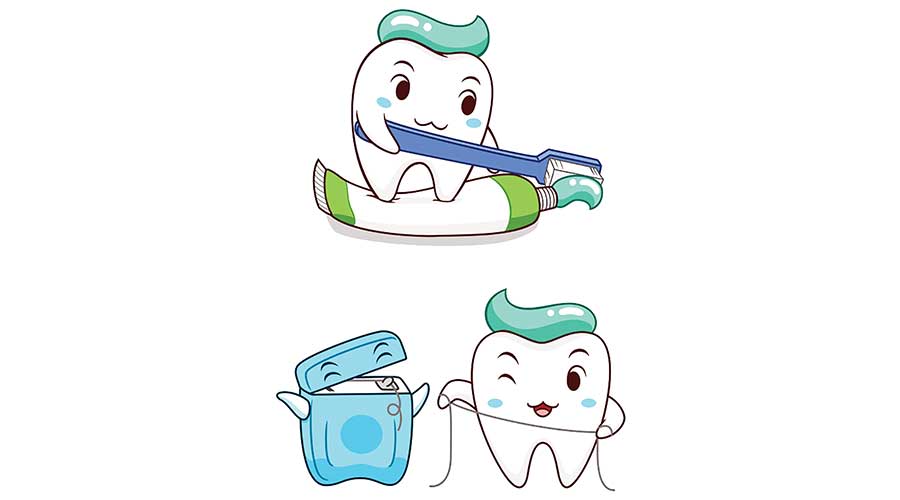ASK A PHYSICAL THERAPIST
- 20 Apr - 26 Apr, 2024

In the absence of scheduled hygienist appointments, how can we safely give our teeth a deeper clean at home?
It’s so important to care for your gums and teeth every day. Neglecting to do so could result in sore or bleeding gums related to stress, plaque build-up, and inadequate bacterial removal. You should brush twice a day everyday with an electric tooth brush. Don’t let any bleeding put you off as it is actually your body’s way of telling you to brush better! Essentially, the bleeding has to get worse before it gets better – and the inflammation will resolve with effective brushing; you must remove the source of bacteria. In addition to electric toothbrushes, we recommend using an air flosser, and a fluoride-based toothpaste, or toothpaste tablet.
Do you recommend whitening formulas? If not, what do you deem safe at-home whitening measures?
It depends on which one, but generally no. The most effective ingredient for whitening teeth is peroxide in the form of carbamide or hydrogen, but the dose that can be used without seeing a dentist (i.e. purchased over the counter) may only make a mild difference to your teeth. Most whitening toothpastes have abrasive particles that can strip away and damage the enamel permanently, so in the pursuit of stain removal these can cause damage. The best whitening results are achieved with custom-made trays designed by a dentist. The best approach at home is using measures to control extrinsic staining, such as staining from smoking and drinking coffee. This is where your tools, including the electric toothbrush and air flosser, are effective. Don’t try DIY coconut oil pulling or using charcoal scrubs. The oils lubricate teeth and can help dislodge particles but have no actual effect on the colour of the teeth. The charcoal can cause some damage, thanks to potential abrasion.
Besides specific toothpastes, how can you help teeth sensitivity?
Brush before, not after, breakfast. When you eat, your mouth has an acid attack which means the enamel can become softer, therefore brushing after eating can remove some enamel causing abrasion and thus sensitivity. Brush by angling the toothbrush on the teeth and gums, not just the teeth – as otherwise you could brush the gums away from the teeth and increase recession causing sensitivity. Try to avoid acidic foods which erode the teeth and cause dentine exposure and sensitivity.
COMMENTS